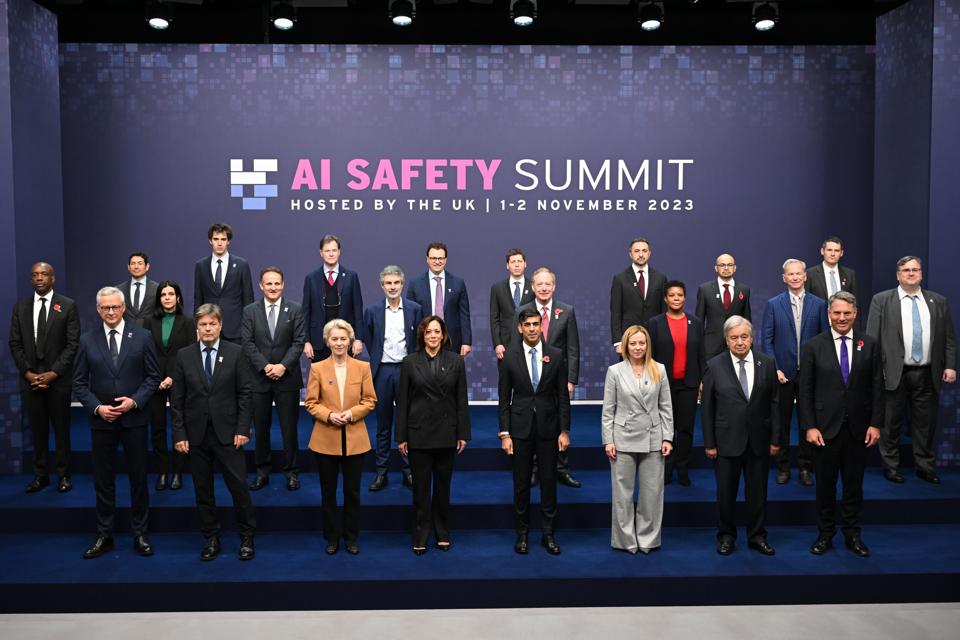My friend David Skilling published an interesting note last week on the dangers of a Liz Truss style fiscal accident in the US. Many readers will recall that in 2022 Truss’ mooted economic policy led to an unwind in the gilt market.
The US has some of the ingredients that sparked the fall in gilts, very high debt levels and a political system that has managed to make Truss look normal (she is now a regular on the far-right circuit). That said, the US economy is robust, so it would in my view require a Trump led ‘rule of law’ crisis to profoundly upset the Treasury market.
Without dwelling too much on Liz Truss, who like many others appears increasingly radicalised by the American right, she is often invoked as an example of someone who is intelligent in an academic sense, but at the same time possessing no emotional intelligence (Amelia Oudéa Castéra is another recent example). An incorrect extension of this supposition is that people with high quality degrees in maths and physics should not enter politics.
Arguably, we need more scientists and mathematicians in government. For instance Singapore’s prime minister is a mathematician and economist. Returning to the UK another example comes in the form of David Willetts, who for a long time performed the role as the Tory party’s ‘boffin’ or in-house intellectual.
He was minister for Universities and Science between 2010 to 2014, where one of his roles was mapping the eight technologies of the future (AI and semiconductors, Satellites and Space, Robotics and Autonomous Systems, Geonomics and Synthetics Biology, Regenerative Medicine, Agri-Science, Advanced Materials and Nanotechnology, and Energy and its Storage) and how a national industrial policy could be built around them.
In 2023 in a very interesting document (if this is what excites you), Willetts published a review of the ‘Eight Technologies’ and subsequent UK industrial policy. It is full of anecdotes on political life, including a sketch of Nicholas Ridley’s (former Secretary of State for Trade and Industry) approach to his role as “no in tray, no out tray, only an ash tray”.
More seriously, the document helps to understand the hollowed out nature of the UK economy today, the bankrupting of industrial and education policy and the enormous task facing a (likely) incoming Labour government. I will emphasise a couple of things.
The first is that the pinpointing of the technologies of the future was, broadly, spot on. The second is that there were far too few people in politics and policy who had the requisite education to interrogate technologies such as satellites and robotics. Third was the debilitating effect of multiple reorganisations of innovation focused departments and a hollowing out of the capabilities needed to support innovation (third level education). Ultimately this produced an economic model and mindset that was not sincerely invested in innovation and that accepted Liz Truss’ budget as a viable plan to support economic growth.
It is also a mindset that has veered away from trying to frame a serious regulatory policy around new technologies like artificial intelligence (AI). The current UK government has a stated policy of ‘not regulating AI’, presumably because it hopes that a regulatory race to the bottom will attract AI focused investment.
This lacuna creates a difficulty for the Labour party, who have promised a coherent policy framework around AI (coming soon apparently). To date, the Labour point person on innovation and AI Peter Kyle has stressed the need for the government to streamline regulation so that innovation in tech is not unnecessarily impeded and has lauded the need for AI to drive the economy ‘create 10 DeepMinds’.
However, there is a looming policy battle between one side of the party that wants to promote innovation (Tony Blair Institute for example) and the unions on the other (the TUC has prepared papers on the impact of AI on the jobs market) that is more skeptical. The TUC paper is not particularly thorough and reads more like something a management consultant than a labour market specialist has cobbled together. It gives little sense of how AI will change the ways we work – how it could enable workers in industrial sectors and undermine those in white collar services for example.
That is a pity because, in the context of an AI bubble, the impact that AI will have on work is one of the emerging questions that need answering. Already a number of initiatives are springing up, such as the Martin School at Oxford and MIT’s Shaping the Future of Work project which is already throwing up some interesting policy recommendations.
If the UK wants to be a credible leader in AI it should follow an example Willetts outlines in his paper on an ‘extremely effective British official campaign during the 1980s to shape mobile phone standards in Europe and then globally around its operating system. Influencing the setting of international standards is key especially if they can be linked to intellectual property’.
It is now too late for the UK to set the standard in AI, but it might play an important role in helping to make the new EU framework (EU AI Act and supporting AI innovation package) more commercial, and more easily financed.
As Liz Truss said, we need an economic NATO in Europe.

